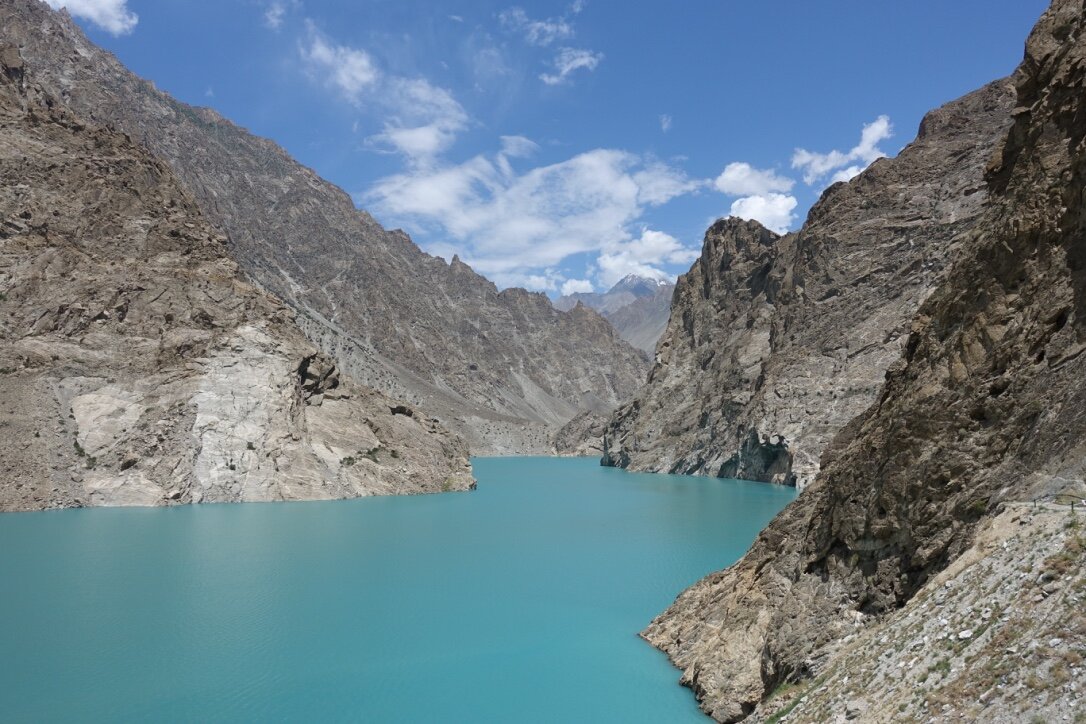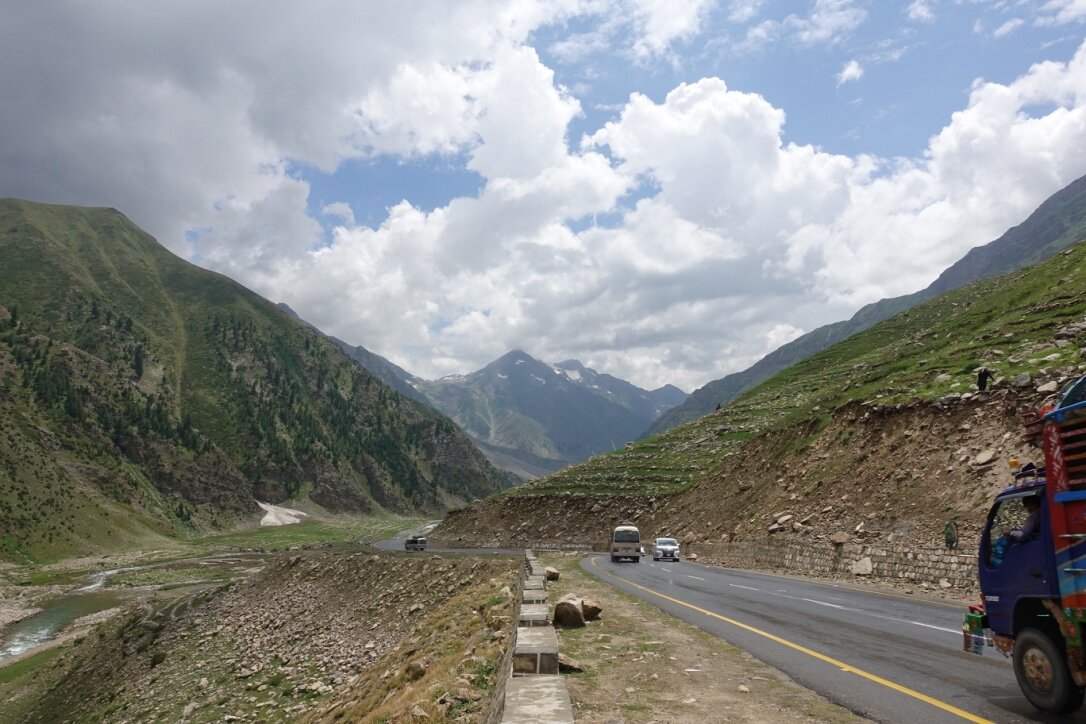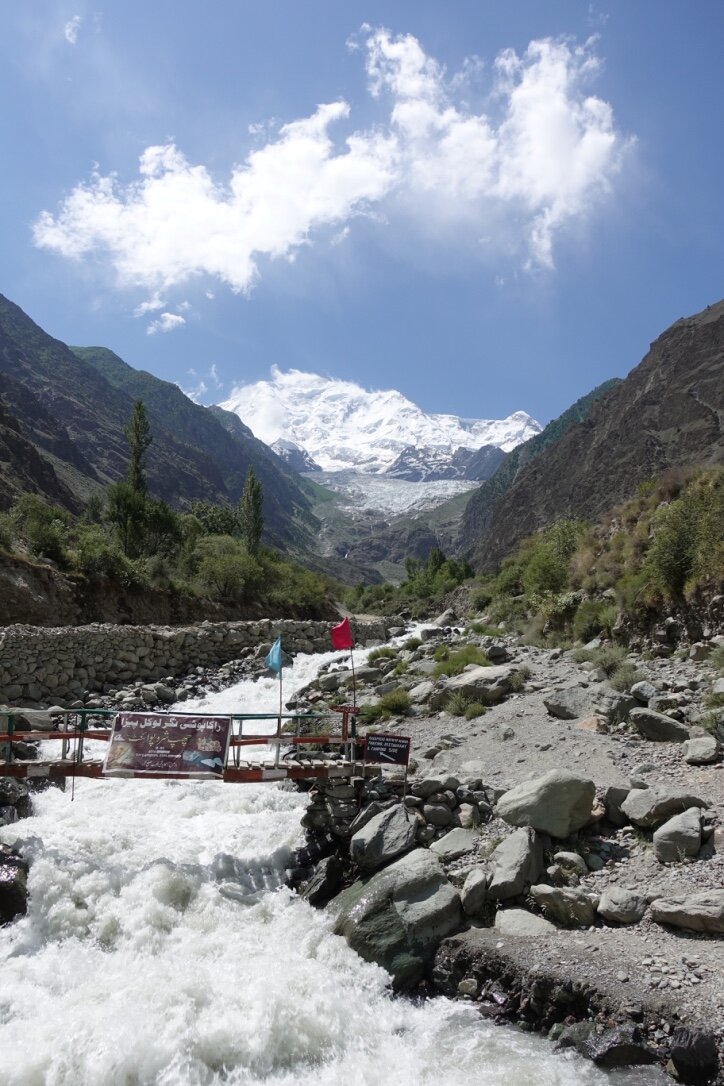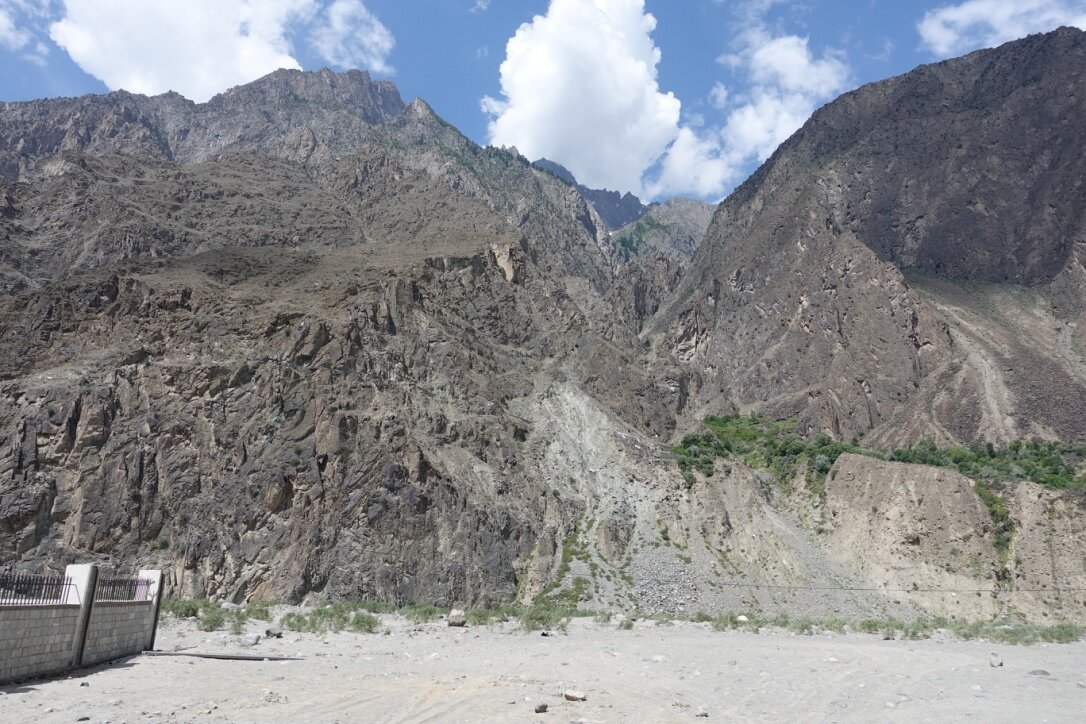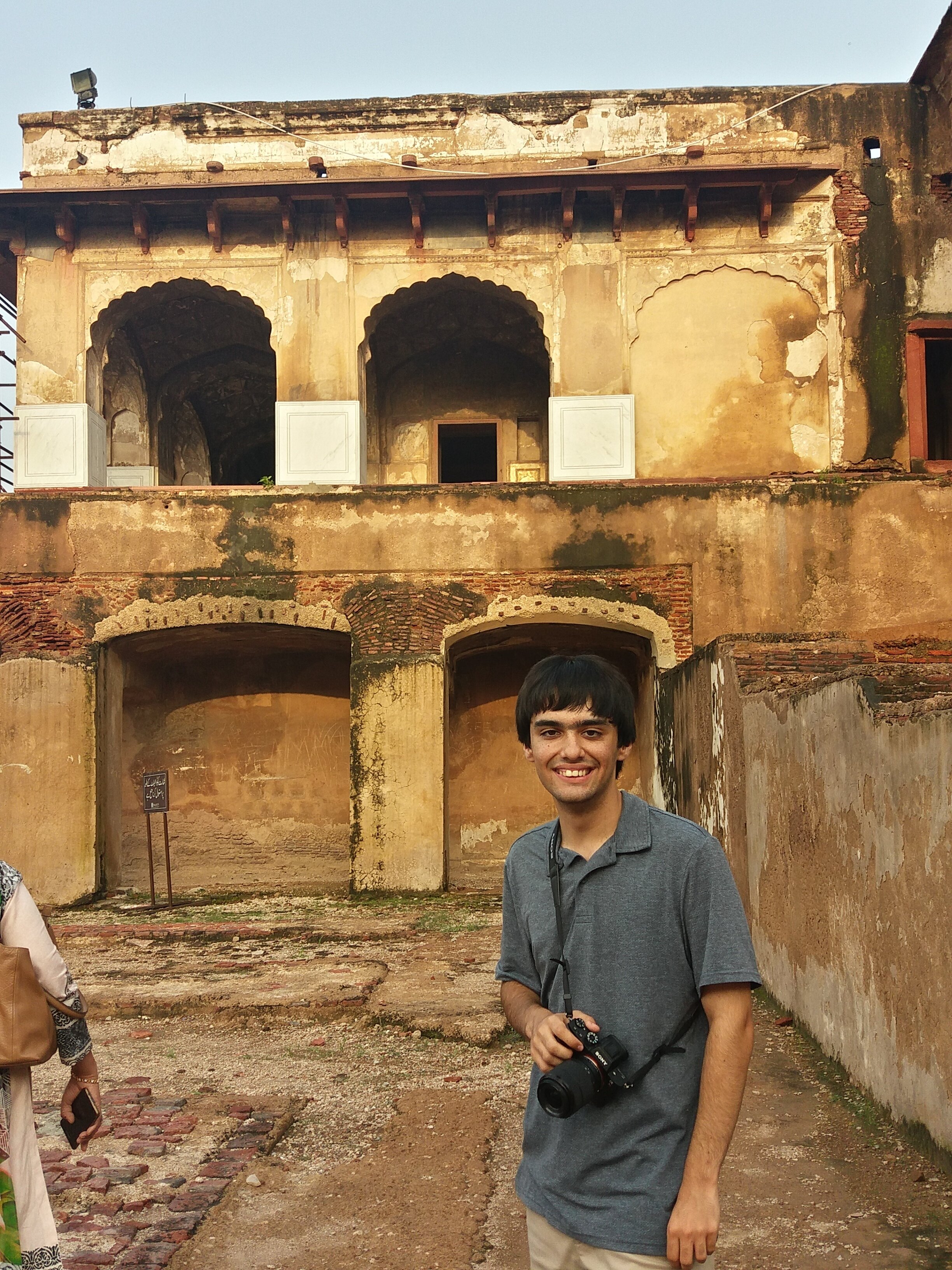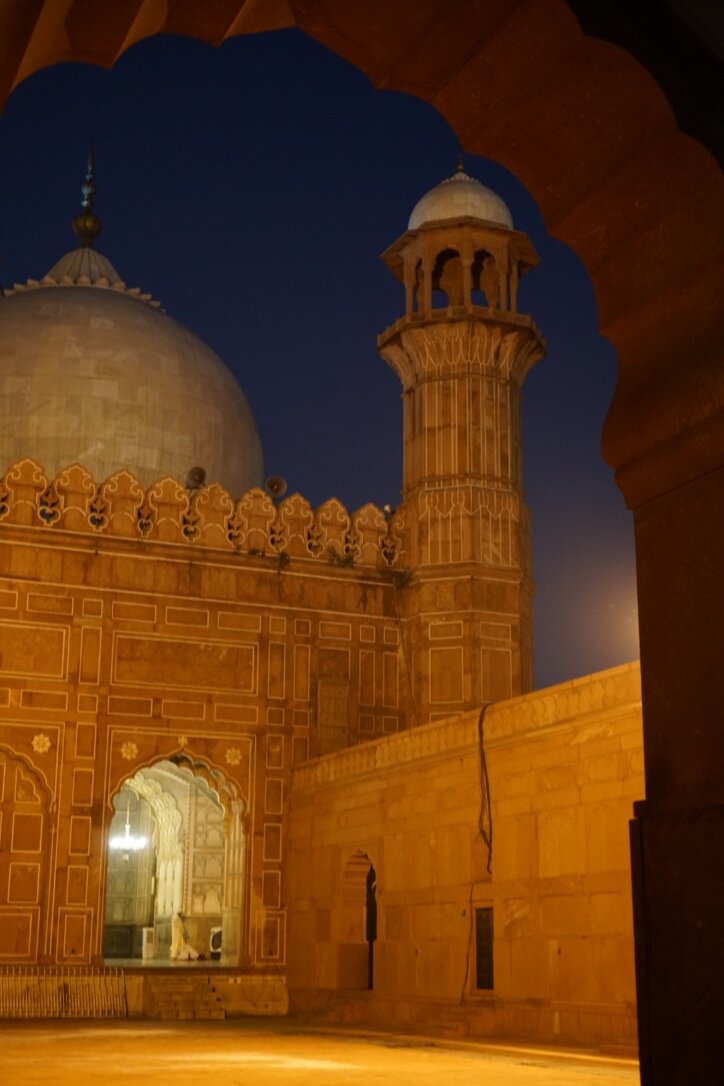A Pakistani American's First Visit to Pakistan
This post is written by Noah Usman, APF Blog Writer and student at University of California at Berkeley.
Despite maintaining contact with Pakistani relatives through social media and interacting with Pakistani culture through my immediate family, I only related to Pakistan very distantly throughout my childhood, as I did not set foot in the country from the ages of two to eighteen.
“After graduating high school in 2018, I was ecstatic about my de facto first visit to meet my extended relatives and finally learn more about Pakistan.”
Upon landing at the Lahore airport, I was immediately struck by the chaos of the baggage claim. All of the luggage cases piled on top of one another into a two-to-three layer pile, which was promptly pushed off of the conveyor belt into a giant pile nearby on the floor. Outside, the road traffic flowed in similarly chaotic patterns, yet somehow still flowed smoothly without traffic lights of clear lanes.
Camel Crossing
My Pakistani heritage has always been an important part of my identity. My virtual connections to family in Pakistan and access to online information about Pakistan made it easier for me to learn and stay connected to the culture. But upon engaging with the vast majority of my family members in Pakistan, my exposure to the sights and sounds of Pakistani life, and my travels to the country’s historic sites, I realized I had yet to fully absorb the nuance and complexities of Pakistani culture and ways of life. Despite the wealth of information available online to global diasporas about their heritage and homelands, there remains no substitute for being on the ground.
Liberty Market in Lahore, Pakistan
“The observations, interactions, and the relationships I made during my trip were nothing short of an emotional rebirth.”
I witnessed up close Pakistan’s entrenched class divisions when confronted by the reality of servants and drivers working in the homes of my relatives. I also quickly learned the extent to which gender roles organized social experiences in Pakistan. During a visit to someone’s home, I extended my arm to offer a handshake to our host’s wife. Based on her response, I immediately realized that my action was culturally out of place in this particular household and so resorted to an exchange of small talk which ended abruptly. I sat down at the nearest couch to find only men remaining in the room (with the exception of my mother).
Not every Pakistani household adheres to the same gender norms, but I nonetheless had to adjust to a new way of social interaction that was very different from my own experiences. While this was a difficult mental adjustment to make, I am thankful that the experience opened my mind to the idea that there are multiple possible ways for a society to function, and that the justifications for one over the other are almost always subjective.
Baltit Fort served as the residence of the Royal Family of Hunza until 1945.
Additionally eye-opening was the opportunity to observe Pakistan’s immense ethno-linguistic diversity. We visited natural and historical sites in Lahore and in Pakistan’s beautiful Northern Areas. Given that most mainstream representations of Pakistan are dominated by Punjabi culture, it was enlightening for me to learn about the linguistic and cultural variety in the Northern Areas. Exposure to people who spoke languages such as Burushaski and Shina, and belonged to the Ismaili sect, redefined my understanding of Pakistani culture.
“One who has never seen Lahore, has never been born.”
During my visit to the Badshahi Mosque and Shahi Qila in Lahore, I gained a deeper appreciation of Pakistan’s simultaneous embrace of history and the future, with the old and historic residing alongside the new and modern. When I think of my visit to these important sites, I recall the well-known saying that “one who has never seen Lahore, has not been born.” Because Pakistan’s natural and historic landmarks do not feature prominently in most western media narratives, I was grateful to see them up close. It is no surprise that Pakistan was ranked Condé Nast’s #1 travel destination for 2020.
Finally, I was struck by the incomparable hospitality of Pakistani hosts towards any visitor to their homes. I enjoyed the honesty and authenticity of Pakistani conversation which revealed a prioritization of interpersonal relationships and a zeal for engagement. The observations, interactions, and the relationships I made during my trip were nothing short of an emotional rebirth.”








